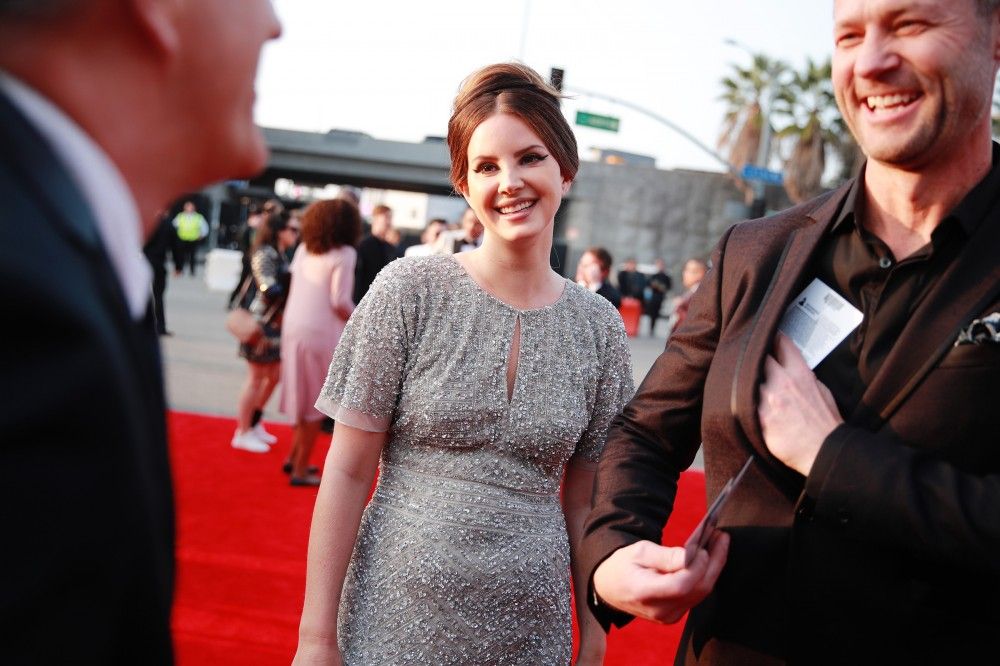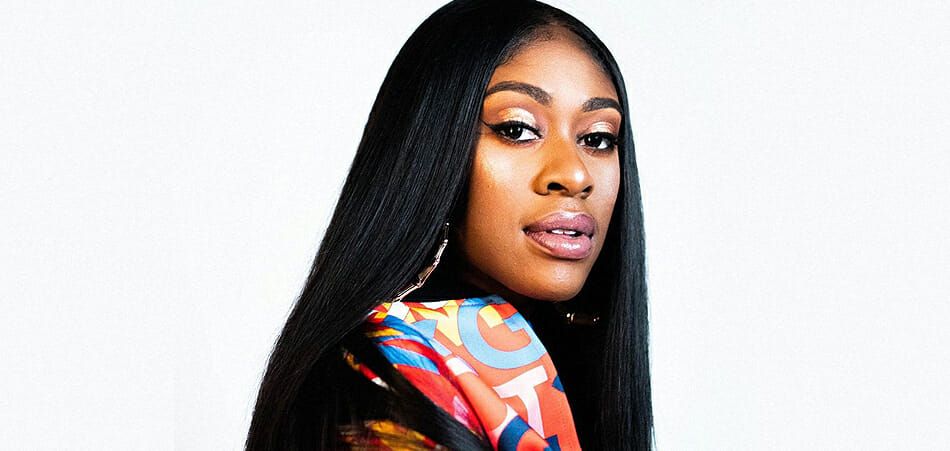
An Ode to Lana Del Rey's Grammy Dress: Long Live Malls!
There’s no better metaphor for America’s modern state of angst and upheaval than the decaying and desolate debris of the country’s past and slowly dissolving present: a.k.a. the mall.
Similarly, Lana Del Rey has built the majority of her career recontextualizing the visual aesthetics of Americana — homages to the Kennedys, a depressing greaser chic phase, the entirety of Norman Fucking Rockwell — while critics and Urban Outfitters shareholders frothed at the mouth.
At the 2020 Grammys, the synergy between Del Rey and department stores hit an all-time-high as the singer arrived on the red carpet in a sparkling silver dress. “I had another dress, and then my boyfriend and I were getting a belt for him at the mall and I saw this and I loved it, so this is a last-minute dress,” Lana told Entertainment Tonight. “But I love it!”
Lana’s tale of her mall escapades swept the nation into a frenzy. Some called the moment a mood, while others basked in the enjoyment that she could pull off an affordable dress purchased off the rack.
Unfortunately, the reactions failed to capture the monumental moment this could be for America’s malls. Once the height of U.S. consumerism and gluttony, the shopping mall has been devastated by the advent of online shopping; the Eighties and Nineties structural marvels have become obsolete caverns. By 2022, one in four American malls are expected to close, Credit Suisse reported in 2017 Forbes.
There’s nothing quite like a well-conceptualized mall. At peak performance, a mall is as aerodynamic as a Blackbird jet, designed with the sleek appeal of a first-generation iPod, wreathed in the delicate scents of butter-laced pretzels and body odor. It’s a feat of engineering. Where else could Lana obtain a dress on sale for less than a thousand dollars as her police-officer boyfriend, Sean Larkin, (probably) eyed the line at the Panda Express? Nowhere, that’s where.
Within the mall, one can simultaneously find the American spirit and the narrative heart of Lana’s music — larger than life, designed under the crushing weight of capitalism’s heel, and full of broken memories.
Is Lana purchasing a dress for under $500 at a department store radical? No. Will you catch me glamorizing the celebrity elite descending their ivory towers to shop like us regular folk? Absolutely not. Will I gladly devote nearly 500 words to spread awareness about the state of a national treasure (malls, not Lana, although she is cool)? You bet I will.
In a time of cultural division, Lana proves that malls can bring the American people back together. What if the true political center starts with a food court and ends with a JCPenney coupon?
Long live malls, y’all.
LANA BOUGHT THIS AT THE MALL BYE pic.twitter.com/5zIyxNQQx9
— edgar (@ivorycricket) January 27, 2020



